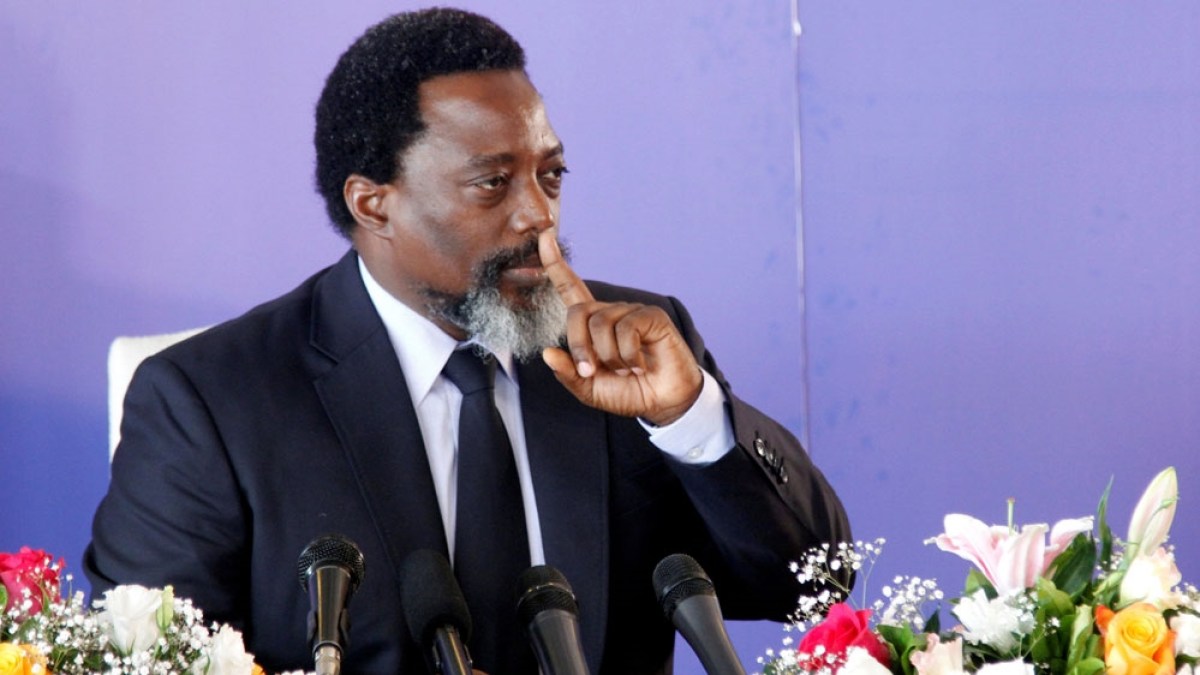Political Shockwave: DR Congo Cuts Ties with Kabila's Party Over Rebel Collaboration Allegations

In a dramatic political development, a prominent 53-year-old politician finds himself at the center of a high-stakes controversy, facing serious allegations of high treason. Authorities have leveled explosive charges against the veteran political figure, claiming deep and potentially treasonous connections to the notorious M23 rebel group, which is widely known to be backed by Rwanda.
The accusations paint a complex picture of potential political betrayal, suggesting that the politician may have been secretly collaborating with the rebel movement in ways that fundamentally undermine national security and territorial integrity. The M23 rebel group, with its well-documented ties to Rwanda, has been a source of significant regional tension and conflict.
As the investigation unfolds, the political landscape is charged with anticipation, with many wondering about the potential implications of these grave accusations and the potential consequences for both the individual politician and the broader political ecosystem.
